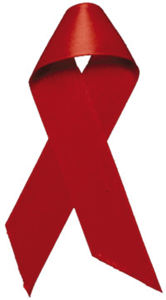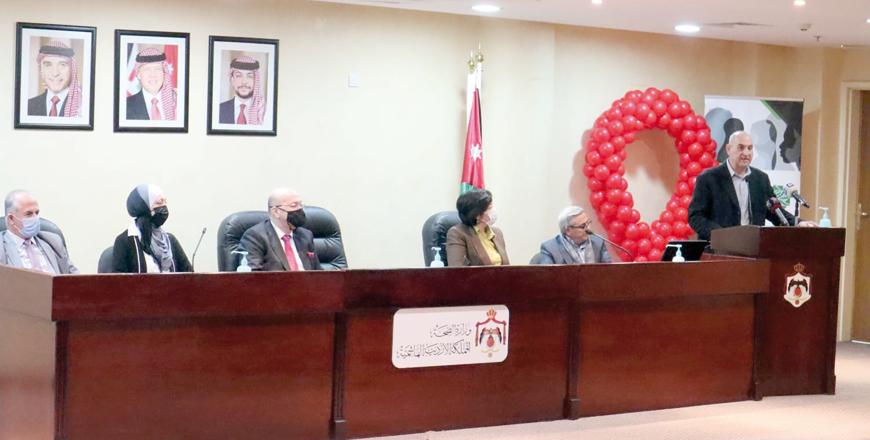You are here
Lack of specialised centres, social stigma weigh on HIV/AIDS patients
By Rayya Al Muheisen - Dec 01,2022 - Last updated at Dec 01,2022

AMMAN — Calls are growing to expand psychological and social support for people living with HIV/AIDS in Jordan.
The human immunodeficiency virus (HIV) targets a host’s immune system and if left untreated, can result in a condition known as acquired immunodeficiency syndrome (AIDS), according to medical experts.
Samer and his wife are HIV positive. Samer was diagnosed with HIV 18 years ago, and he and his wife have four children together. None of his children carry the virus.
According to Samer, his purpose in life is to change misconceptions about the virus, and to create a group to provide mental and social support for people living with HIV.
“We suffer from an inner stigma as well as societal stigma. I don’t blame people for the misconceptions they have about HIV,” Samer told The Jordan Times.
Society in general believes that people living with HIV belong to certain groups, or are former drug addicts, “which is definitely untrue,” Samer said.
Samer stated that people living with HIV usually fear the “unknown” the most when they’re first diagnosed. Therefore, they need advocacy and motivation to assure them that they can survive and live a normal life with the disease.
“Medications for people living with HIV are available and accessible in Jordan,” Samer added.
The Forearms of Change Centre launched a campaign titled “We Are All Positive”, which aims to shed light on HIV/AIDS and to challenge popular misconceptions about the disease.
A source at the centre who preferred to remain anonymous spoke in depth about the disease, and explained that HIV is commonly referred to as a sexually transmitted infection (STI) due to the high risk of contracting it through sexual intercourse. However, it can also be transmitted through blood transfusions and drug injections, according to the source.
Sharing needles through accidental exposure in hospitals and public areas also presents a high risk for contracting the virus. However, it rarely, if ever, happens in Jordan due to a high public awareness of the dangers of sharing needles and sharp tools, the source said.
“A total of 539 cases have been diagnosed by the centre since 2012,” the source added.
The source stated that 82 per cent of the diagnosed cases were among male patients and 18 per cent were among females.
According to the source, there are no specialised centres in the Kingdom to support HIV positive patients.
“AIDS patients need psychological support to be able to adapt to their lifestyle after the diagnosis,” said the source.
HIV patients can adapt to living with the disease, but they need medications and social support to cope with the necessary lifestyle changes.
Despite several attempts by The Jordan Times to contact the Ministry of Health, they were not available for comment.
Related Articles
AMMAN — The incidence of HIV/AIDS in Jordan is still around the average, with 103 cases registered in 2016 compared to 101 reported cases in
AMMAN — The Ministry of Health on Monday celebrated World AIDS Day, under the slogan "Eliminating Inequalities as a Means to End AIDS", with
Ninety-two HIV/AIDS cases were registered in Jordan last year, 22 of which were among Jordanians, according to a Health Ministry official.

















